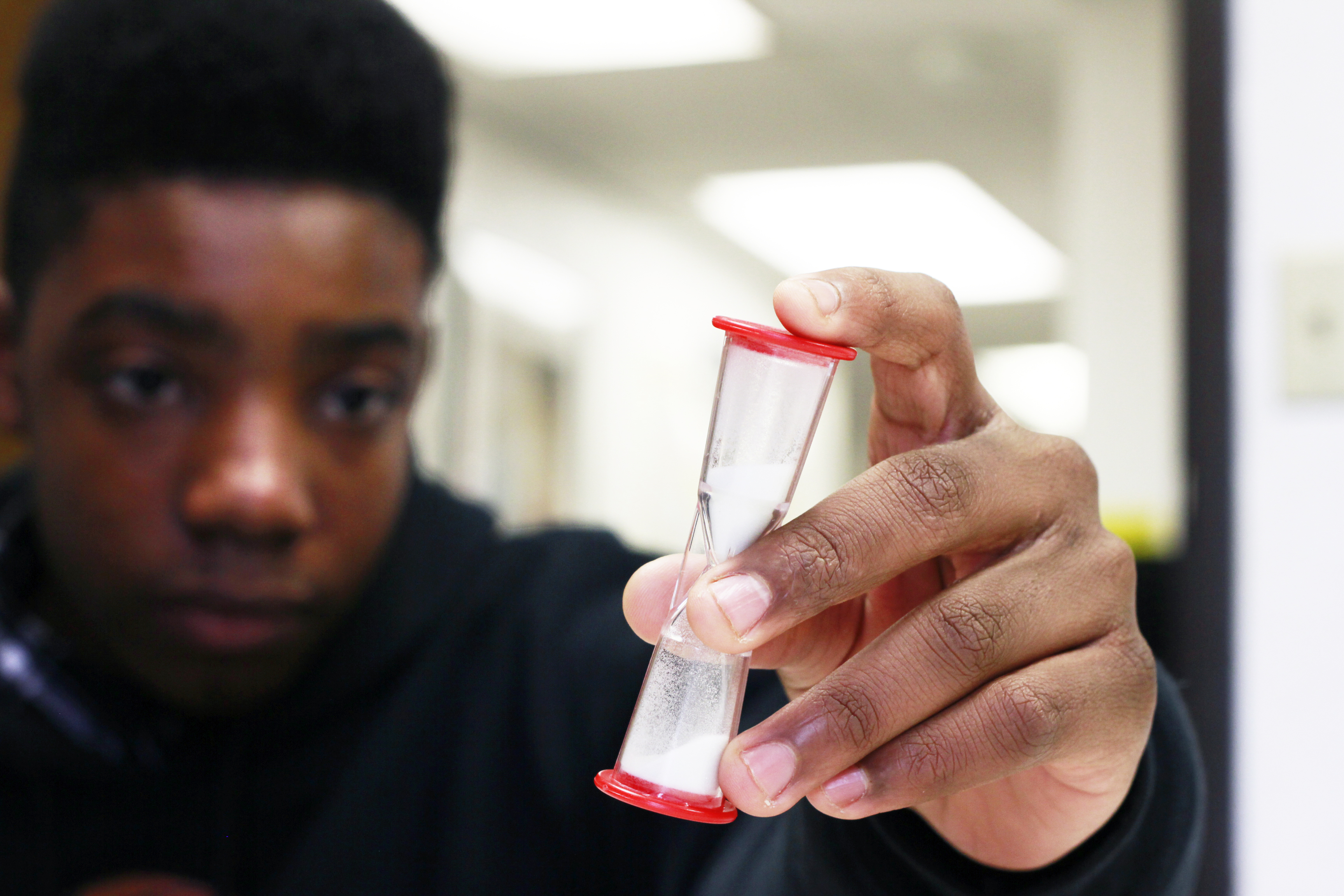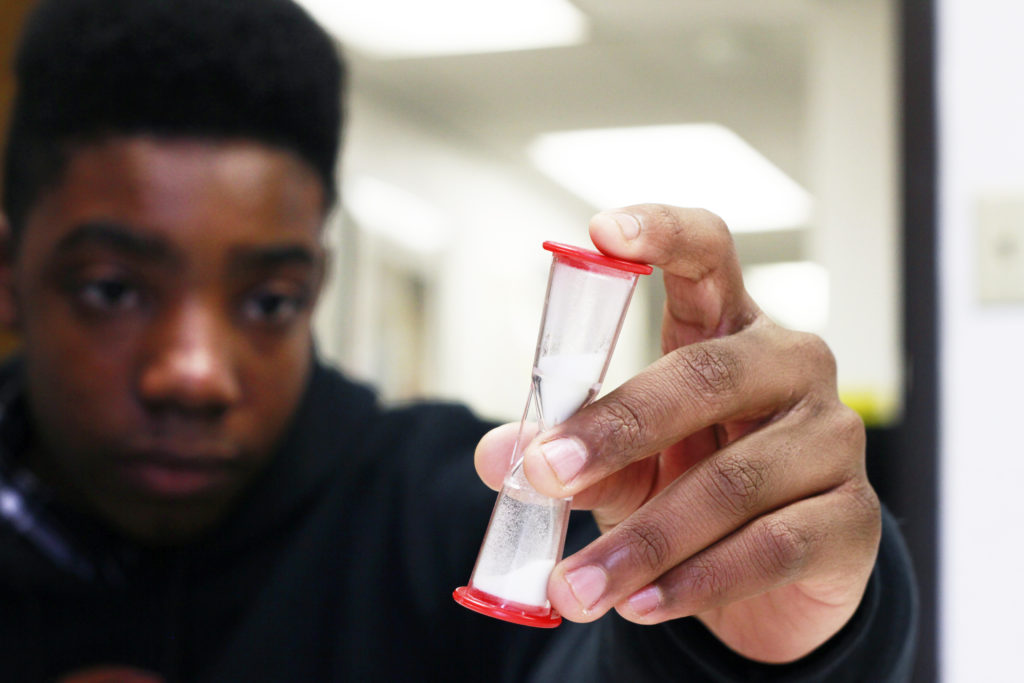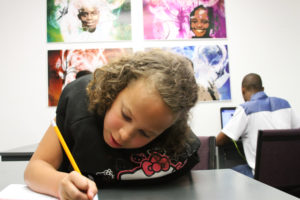

Once upon a time, maybe even yesterday, we read or saw a story. In fact, we’ve experienced many stories, both true and fictional. They’re intrinsic parts of our lives. Sometimes a story resonates with us as valuable, interesting, or simply real. In other cases, a story is not well developed or leaves us feeling like there should’ve been more. Then again, a story may be completely life changing and inspiring. Hearing a story is, obviously, much easier than creating it. Still, we’re all creating stories with our lives each day even though we may not think about that often.

Students at Rewritten participate in a program called Script which is time set aside to create stories. Why is thisimportant when they have so many other pressing needs? We believe that fashioning stories helps them, or anyone, to envision how things can happen or unfold for a character. If we read stories, we experience the development of the characters’ lives and live vicariously through them for a time. If we write stories, we can control how that plot progresses and how it ends. One is not better than the other, but they’re different. In Script, the students get to have control over all parts of their stories—the characters, settings, beginnings, middles, and ends. The kids can take the stories wherever they choose. We like to think, and we hope, they’ll transfer some of what they’ve learned to their own lives. They can begin to see that they have choices and can control parts of their own stories. The beginnings were already written for them, but the middles and the ends are still in progress. Our lives don’t have to simply happen to us; we can make choices that affect how they happen.

Maybe it’s a little bit idealistic of us, but we’re like that. There are plenty of practical, nuts and bolts that we cover here at Rewritten with our kids. However, we also think there’s room for inspiration and dreaming. Creating a work of art gives them, all of us, a taste of being in control of something not yet, something potentially beautiful, and certainly something original. Our stories are not yet finished, and we want our students to see that their stories can take so many interesting turns if they manage to focus, draw inspiration from others’ stories, listen to their own inner voice, and keep moving forward. It works in stories, and it works in life. We can’t control the beginnings, but we can work on creating solid middles and endings. Maybe someday their stories, all of our stories, will inspire others. The end.

“he beginnings were already written for them, but the middles and the ends are still in progress. Our lives don’t have to simply happen to us; we can make choices that affect how they happen.” I love that!